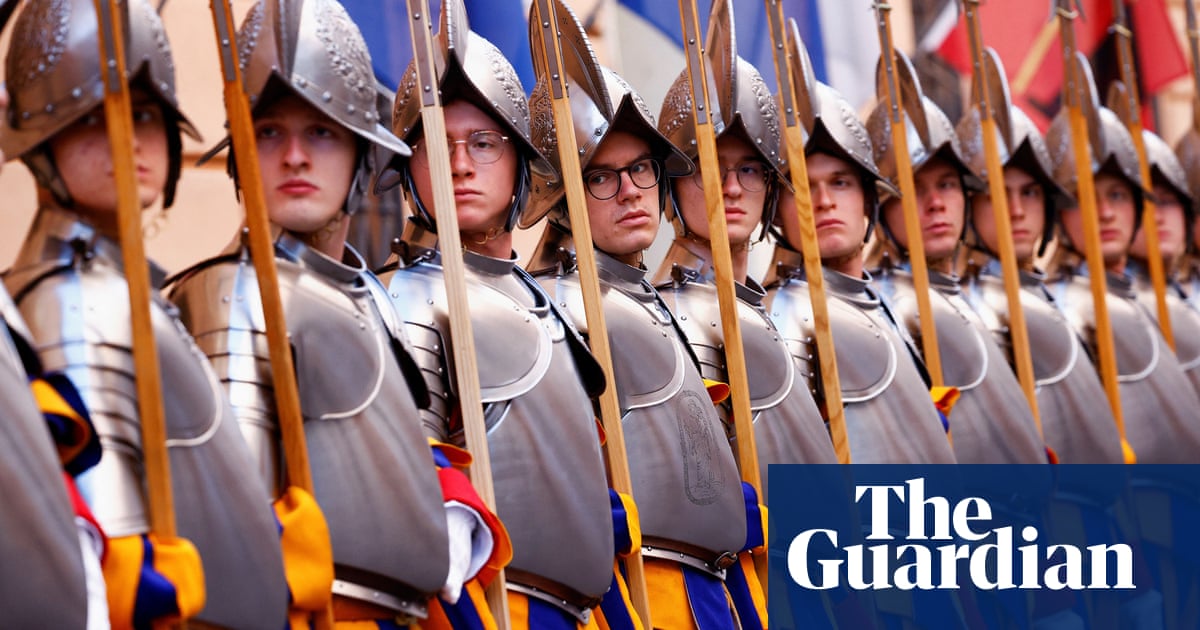
High in the mountains of a remote village in western Nepal – a region once home to a fierce Maoist insurgency – a large crowd is gathering.
Women arrive with babies strapped to their fronts; children sit at the edge of the makeshift stage; local officials take up ad hoc seats. Not only is this the first time a play has been performed here – it is the first time a vehicle has ever reached the village. Whatever this travelling theatre group intends to perform, it is a spectacle not to be missed.
The play, Kachahari (which translates as Court), centres on two women: a new bride living with demanding in-laws, and her smart but struggling teenage sister-in-law. As the former becomes a domestic servant to her in-laws, the 17-year-old drops out of school to elope with a classmate and gets pregnant. The audience gasps, jeers and calls out solutions to the characters’ problems. The characters’ stories are very recognisable to this audience, but here at least they can put a stop to injustice when they see it.
Kachahari is a type of forum theatre in which the audience watches the play twice. In the second version any audience member can shout “stop!” and come forward to take on the role of one of the characters, with the intention of creating an outcome different to the first time round.
Director Ghimire Yubaraj created the drama to provide “a platform for everyday people to speak up”, helping Nepal’s communities challenge social issues such as gender discrimination, child marriage and gambling addiction.
“These communities have never had the opportunity to share their thoughts. It would be easy to be judgmental and disregard the audience members as poor or uneducated, but their ideas can be brilliant,” he says.
“The power of forum theatre is that the audience doesn’t see it as fiction or drama, they see it as real. They come forward and say things like, ‘I was married at 16 because I liked the boy but I didn’t understand the consequences. I now have two children. My life is over now; do you want to be like me?’”
Shilpee theatre group, Yubaraj’s 12-person troupe, has performed Kachahari more than 30 times. The journey by minibus from Kathmandu to different districts is rarely easy, requiring the cast to sometimes abandon the vehicle in a riverbed after a failed attempt to cross a ford, then continue on foot, walking for hours up twisting mountain trails carrying generators and lighting equipment to reach a village.
The troupe prepares for performances by inviting experts to speak with them about the issues. Once on stage, actor Sumitra Uranw says, there are reminders of events close to home. “While performing, I am reminded of the marriage proposal I received when I was studying in 10th grade [year 11],” she says.
“If I had married at that time, my life would have been the same as [the young sister-in-law] Umrila’s.”
Gender-based violence is a huge concern in the Himalayan country, where women are still often banished to cow sheds when they menstruate; suffer acid attacks during domestic disputes; and endure rates of child marriage that are among the highest in the world.
Forum theatre has allowed hard-to-reach, traditional communities to discuss the contexts in which adolescent girls and young women live, the dilemmas they face and the limited choices available to them, says community engagement expert Sachchi Ghimire Karki of Unops, the UN’s project implementation office, which supported the project.
The drama has also helped women better understand the law and how they can access security and justice. The vast majority of Nepali women are unaware of their rights: just 9% of rural women surveyed by the UN Population Fund in 2012 knew that rape within marriage was illegal, and only 13% were aware of a specific law against domestic violence.
“Women in the communities don’t know they are suffering discrimination. They don’t know they are surviving child marriage or economic discrimination or violence at home; to them, the only type of violence that exists is black-and-blue bruising,” Karki says.
“They are so used to being controlled by men that it’s difficult to get them to understand that if a woman is raped, it is not her honour that is lost. When you take that to the stage instead, and you see the character acting out her own frustration with how she is being treated, that is what makes people stand up and say, ‘This is not fair, it is not right, we must do something.’”
For a fortnightly roundup of our top stories, recommended reads, and thoughts on the latest development and human rights issues sign up for Global Dispatch:












